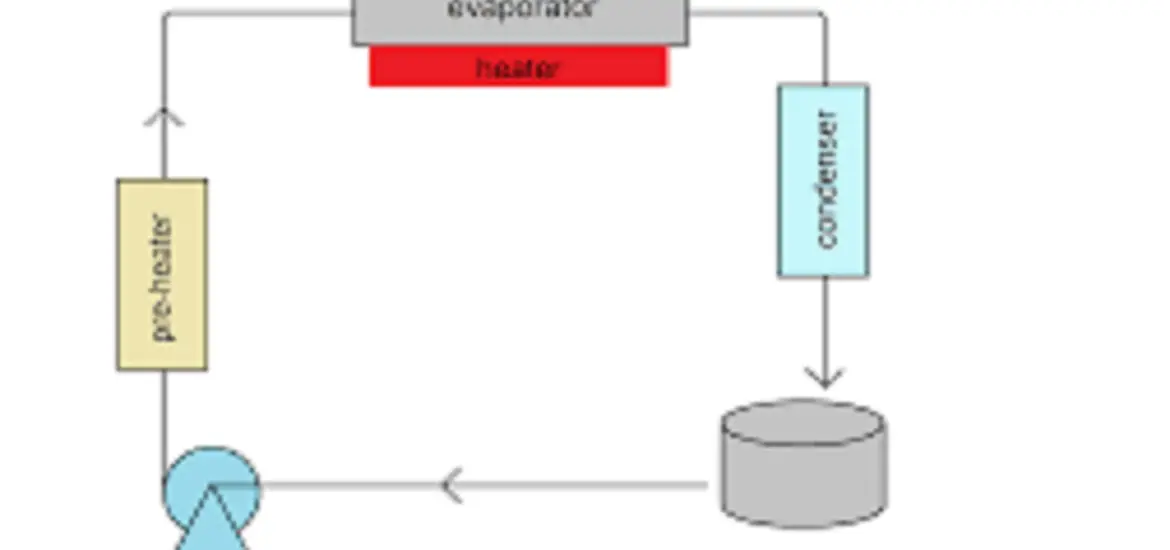Evaporator and condenser – ever wondered what these two components in your air conditioning or refrigeration systems do? They play a crucial role in keeping you cool and comfortable, and we’re about to dive deep into their functions, differences, and applications. Ready to become an expert on evaporators and condensers? Let’s go!

Table of Contents
The Evaporator
Function and Principle of Operation
Imagine you’re chilling your favorite drink. The evaporator is like the ice that cools it down. Its main function is to absorb heat from the air or liquid and turn it into vapor. How does this happen? By evaporating the refrigerant, of course! This cooling process is vital in systems like air conditioners and refrigerators. Feeling cooler already, aren’t you?
Types of Evaporators
Not all evaporators are created equal. There are various types, each with its own unique design and application. You’ve got your bare tube evaporators, finned tube evaporators, plate evaporators, and flooded evaporators. Just like different types of ice cubes in your drink, each evaporator type has its perks and uses.
Applications
Where can you find evaporators doing their magic? In refrigeration systems, air conditioning systems, dehumidifiers, and even some industrial processes! They’re the unsung heroes keeping things cool and comfortable all around us.
Read more about evaporators here – – Evaporators in Refrigeration: Easy Guide to Understanding Your Fridge’s Unsung Hero
The Condenser
Function and Principle of Operation
If the evaporator is the ice, the condenser is like the sun that melts it. Its job is to remove heat from the refrigerant vapor and turn it back into a liquid. This heat rejection process is just as essential as the cooling process, and together, the evaporator and condenser create a perfect harmony of coolness.
Types of Condensers
Condensers come in different flavors too! You have air-cooled condensers, water-cooled condensers, evaporative condensers, and shell and tube condensers. Each type has a specific application, so it’s like choosing the right ice cream flavor for a hot summer day.
Applications
Condensers can be found in refrigeration systems, air conditioning systems, heat recovery systems, and various industrial processes. They work hand-in-hand with evaporators to keep everything running smoothly and efficiently.
Evaporator and Condenser: Key Differences
Functionality
So, what’s the difference between evaporator and condenser? In a nutshell, evaporators are all about cooling, while condensers focus on heat rejection. It’s like yin and yang, working together to create a balanced system.
Operational Principles
The evaporative process happens in evaporators, and the condensation process occurs in condensers. Think of it as steam turning back into water, and you’ve got the idea.
Design and Construction
Evaporators and condensers may have different coil designs and materials, along with distinct heat transfer surfaces. Imagine comparing apples and oranges – sure, they’re both fruits, but they differ in taste and texture. Similarly, evaporators and condensers each have unique features that make them suitable for their roles in the cooling process.
Applications
While both evaporators and condensers share some applications, they also have unique uses. It’s crucial to understand their specific roles to ensure the proper functioning of cooling systems.
Evaporator vs. Condenser Coils
Materials and Construction
When it comes to coil materials and construction, evaporator and condenser coils have their differences. The materials used can vary, and their construction is tailored to their specific roles in the cooling process. You wouldn’t use a wrench to hammer a nail, would you?
Performance Factors
Heat transfer efficiency, maintenance requirements, and lifespan are some performance factors that differentiate evaporator and condenser coils. It’s essential to choose the right coil for the job to ensure your cooling system runs smoothly and efficiently.
Conclusion
And there you have it – the ins and outs of evaporators and condensers! Understanding their functions, differences, and applications is crucial to maintaining a balanced cooling system. So, the next time you’re enjoying an ice-cold drink or basking in the cool breeze of your air conditioner, give a nod to the hardworking evaporator and condenser, the unsung heroes of your comfort.